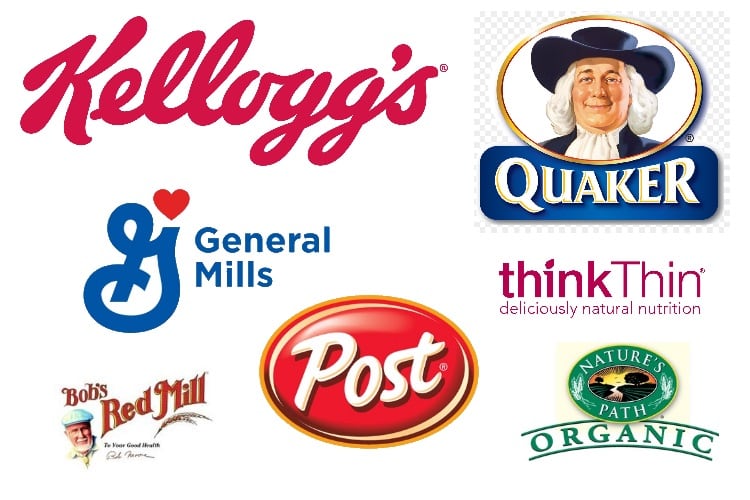Nearly 5,000 food and nutrition experts from across Europe, North America and Asia-Pacific collaborated to compile the snack producer’s first annual report on forecast trends.
On a mission since 2004 to ‘make the world a little kinder one snack and act at a time,’ it is not surprising to see that KIND’s predictions are aligned with its offerings that epitomize health and wellness, clean label and community.
Seed Butters
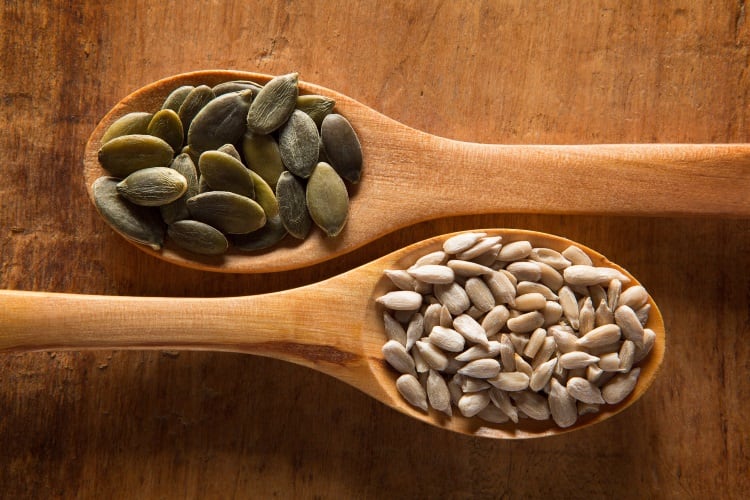
2018 was the year of nut butters: almond, cashew and walnut.
While their popularity likely will not slow down, a new offering is expected to hit the scene: seed butters.
Tahini (sesame) may be the only seed butter to currently enjoy global popularity, but KIND predicts it will be joined by sunflower, pumpkin and watermelon seed butters in 2019.
All share the same good fat profile of nut butters, but with allergens – and their tragic consequences – hitting headlines in 2018, seeds offer a suitable alternative.
Cannabinoid Craze
2019 marks the year where the cannabis plant extract will really make its mark in the food & beverage industry.
CBD has no psychoactive effects and is slowly building a name for itself as an alternative medicine.
CBD has already forayed onto the F&B scene in coffee, cocktails and olive oil and snacks – like SNAAC CBD bar – but KIND anticipates it will come on strong next year, permeating into other formats such as yogurts, soups and salad dressings.
Food Porn No More
Beauty is in the eye of the beholder and our eyes are opening up to a much wider panorama.
KIND expects the business of producing perfect-looking produce to be flipped on its head, with ‘ugly’ foods finally earning the praise they have long been deserved.
Consumers, retailers and producers alike are rallying to mitigate food waste, with most major outlets now encouraging shoppers to buy produce that is misshapen or flawed.
More products repurposed from surplus produce that would otherwise go to waste, like Snact’s fruit bars, are expected to make their debuts.
African Flavors
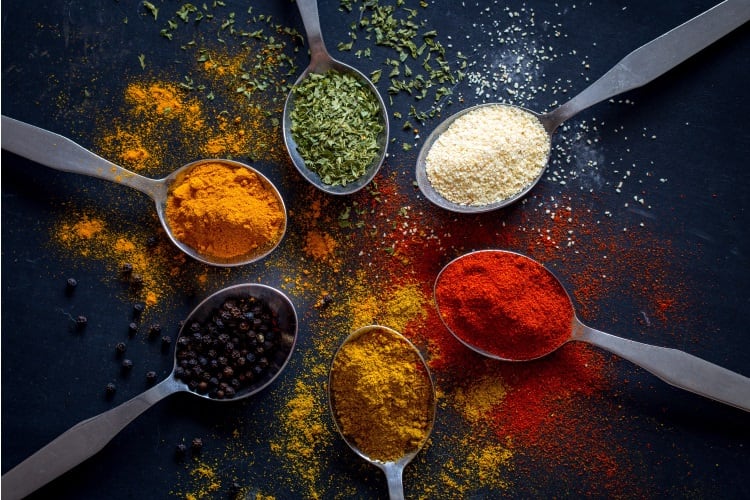
Expect next year to sizzle, as spices and superfoods from ‘the dark continent’ make their way into more conventional formats.
KIND predicts piquant flavors and ingredients like harissa, berbere, dukkah, ras el hanout and tiger nuts will make their way into US pantries in items such as snacks, rubs and condiments.
Trust Your Gut (Health)
Digestive health has emerged as one of the more important core components of our modern view of health and wellness.
Following Kellogg’s introduction of Hi! Happy Inside geared towards consumers wanting to enhance their digestive health, KIND says next year will see a slew of new product offerings touting the gut health trio of fiber, prebiotics and probiotics.
Anti-Sugar to Anti-Added Sugar
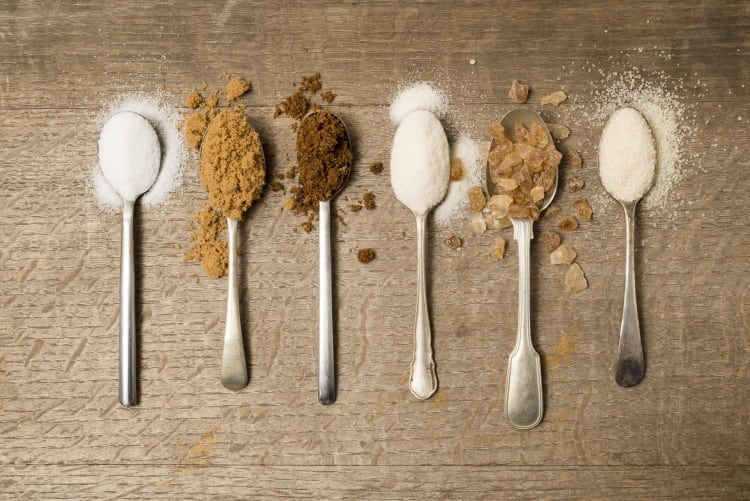
With the new requirement that companies distinguish between added and naturally occurring sugars on food labels, consumers are becoming more aware that not all sugars are created equal.
Added sugars are those not naturally found in foods or beverages and are added during manufacturing, such as high fructose corn syrup, dextrose, barley malt and cane sugar.
Research has shown that a diet low in sugar-sweetened foods reduces the risk of heart disease – this trend will translate into new product formulations using naturally occurring sugars, like fruit.
H2-Wh0a
Infusing water with fruits and vegetables to add more vitamins, minerals and prebiotics is common, but KIND expects other forms of hydration to gain popularity.
Coconut water will remain mainstream, but other options will come to the fore, including maple water – which contains less than half of the sugar of coconut water – and cactus water – promoted for skin revitalization.
Going Meatless Isn’t Just for Mondays
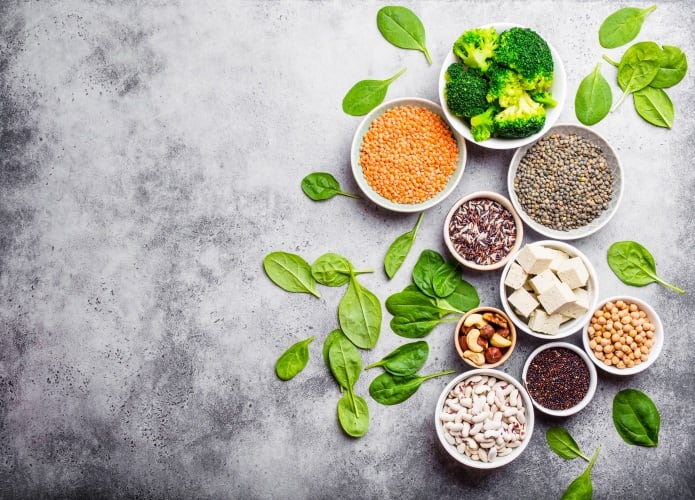
Plants, insets, soy and meat- and dairy-free protein alternatives are becoming more mainstream.
The upward trajectory of plant-based diets is being driven by both health and sustainability concerns, along with consumers’ desire for new and diverse food options.
KIND forecasts that 2019 will see more innovations highlighting nuts, extruded seeds, beans, water lentils and algae across categories such as snack bars, chips, meat-free burgers and dairy-free yogurts and cheeses.
Foods First, Vitamins Second
With consumers embracing the return to nature, they are moving away from heavily fortified products and replacing them with wholesome options that are inherently nutrient-rich.
Consumers have adopted a food-first mindset and KIND predicts they will increasingly seek out minimally processed foods made from clean label ingredients that contain bioactive compounds that provide additional healing, especially as so many fall short on certain nutrients.
Offerings like nutritional bar and functional powder producer Nellson Nutraceuticals will increasingly find their way onto supermarket shelves.
Transparency 2.0
Consumers will continuing to hold food companies accountable and expect specific information on-pack.
In 2018, transparency made its way onto the nutrition label, ingredient list and even marketing claims.
In 2019, KIND says we will see transparency shape companies’ cultures, hiring practices and inclusion measures.



